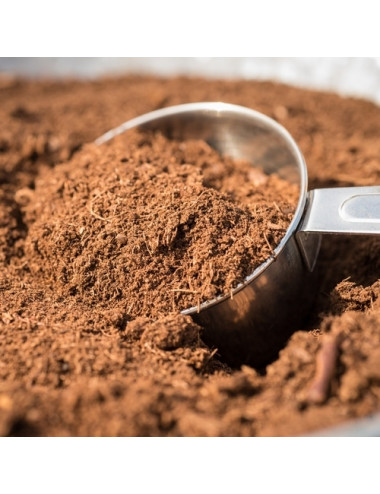

Botanical Extracts




(editar con el módulo de Información de seguridad y confianza para el cliente)
(editar con el módulo de Información de seguridad y confianza para el cliente)
(editar con el módulo de Información de seguridad y confianza para el cliente)
Secure payment
SALACIA RETICULATA EXTRACT 0.3% SALACINOL
This product is not available at the moment
Salacia Reticulata is a medicinal herb from Ayurveda which appears to have anti-diabetic activities, namely by inhibiting carbohydrate uptake from the intestines; it appears quite effective at this, similar to Acarbose in potency. It is used for treating gonorrhea, asthma, itchiness, joint pain (rheumatism), obesity, thirst, and menstrual problems. It is a large woody climbing plants.
Salacia roots have been used in Ayurvedic medicine for diabetes and obesity since antiquity, and have been extensively consumed in Japan, United States and other countries as a food supplement for the prevention of diabetes and obesity. Extract has been reported to prevent human postprandial hyperglycemia and to decrease the fasting plasma glucose and body mass index (BMI) in mild type II diabetic patients. Reticulata roots are being used in the treatment of itching and swelling, asthma, thirst and amenorrhea
Product Details
Data sheet
- Origin
- India, Sri Lanka, China, Thailand, Indonesia and Brazil.
- Active compounds
- Mangiferin, salacinol, kotalanol and ponkoranol have been proved as the anti-diabetic principles.
- Functional benefits
- • It is widely used in treating diabetes. A chronic disorder in metabolism of carbohydrates, proteins and fat due to absolute or relative deficiency of insulin secretion with/without varying degree of insulin resistance.
- Others
- Part used, root and stem bark.
- Latin name
- Salacia reticulata.






